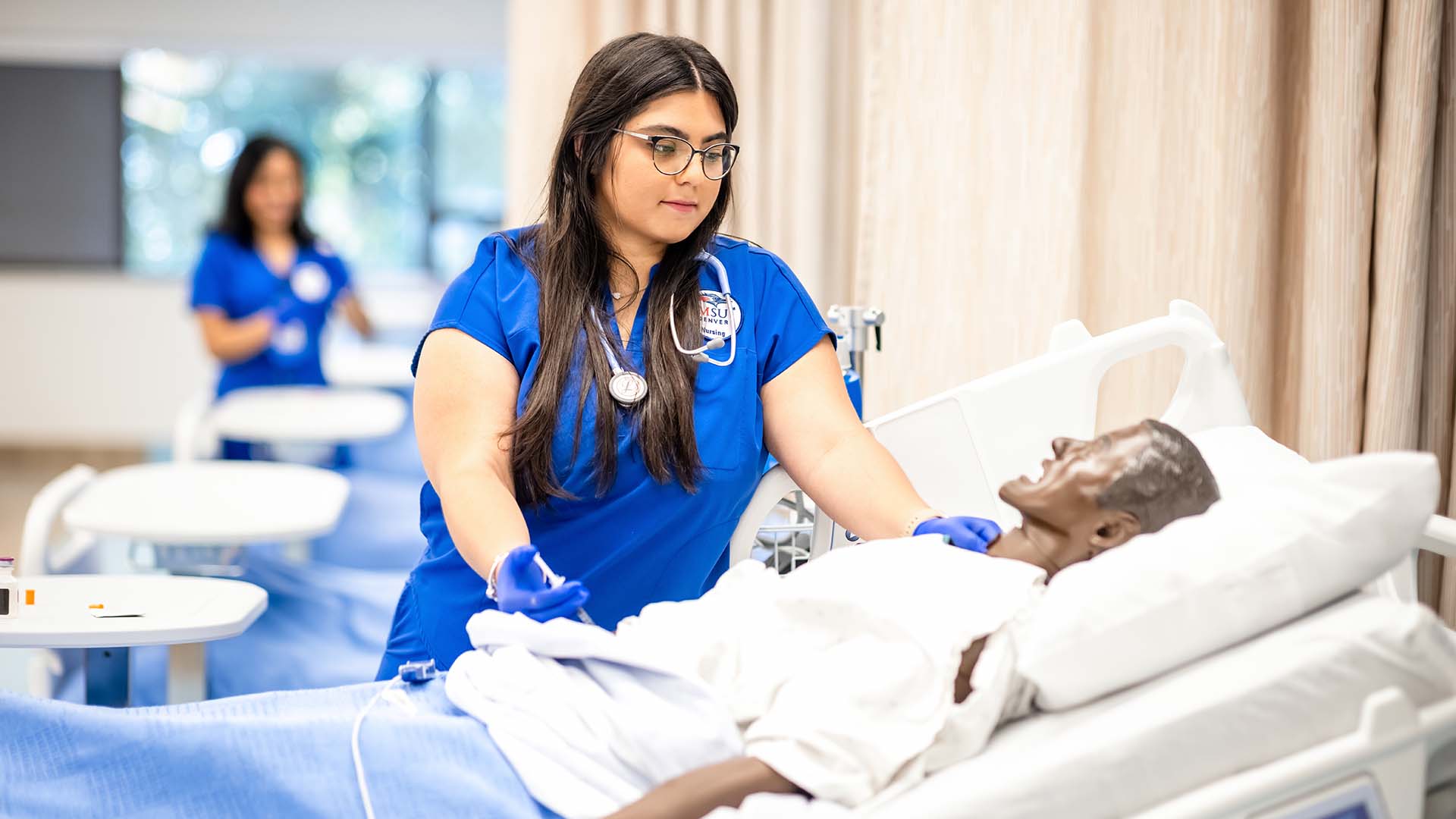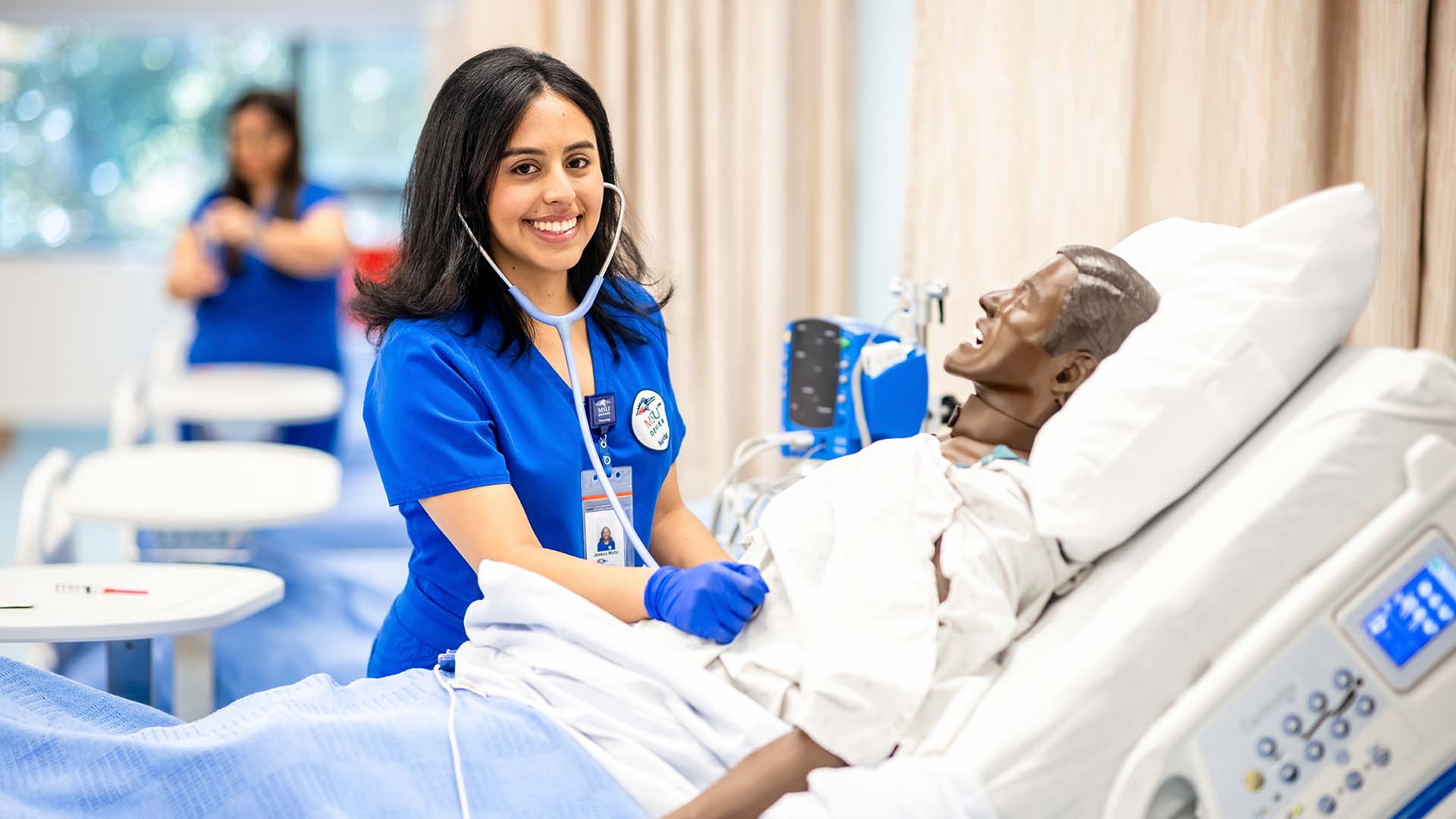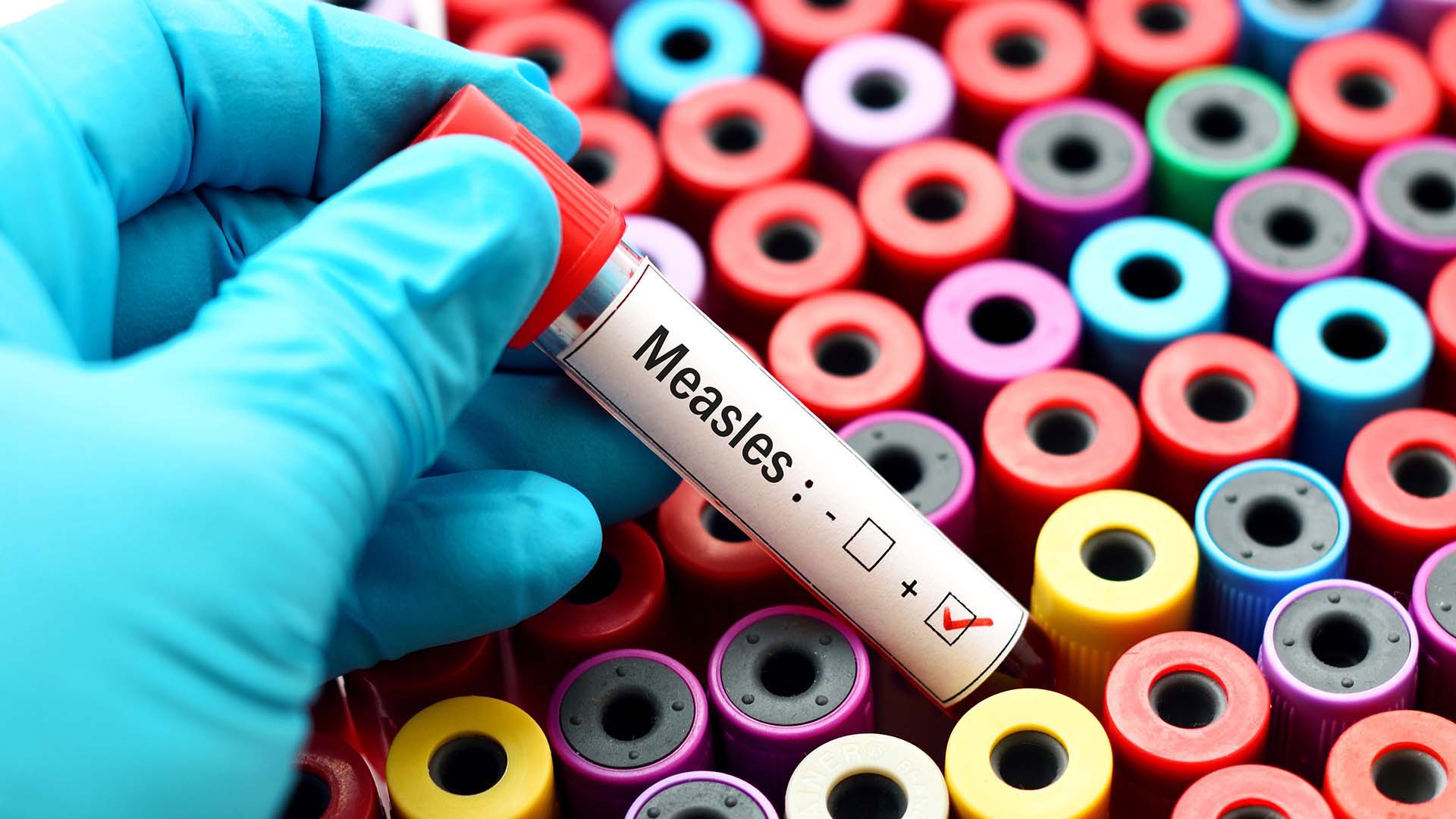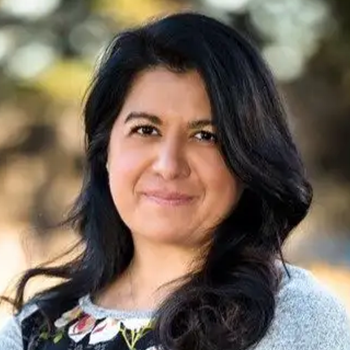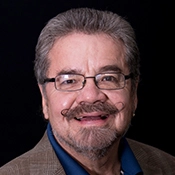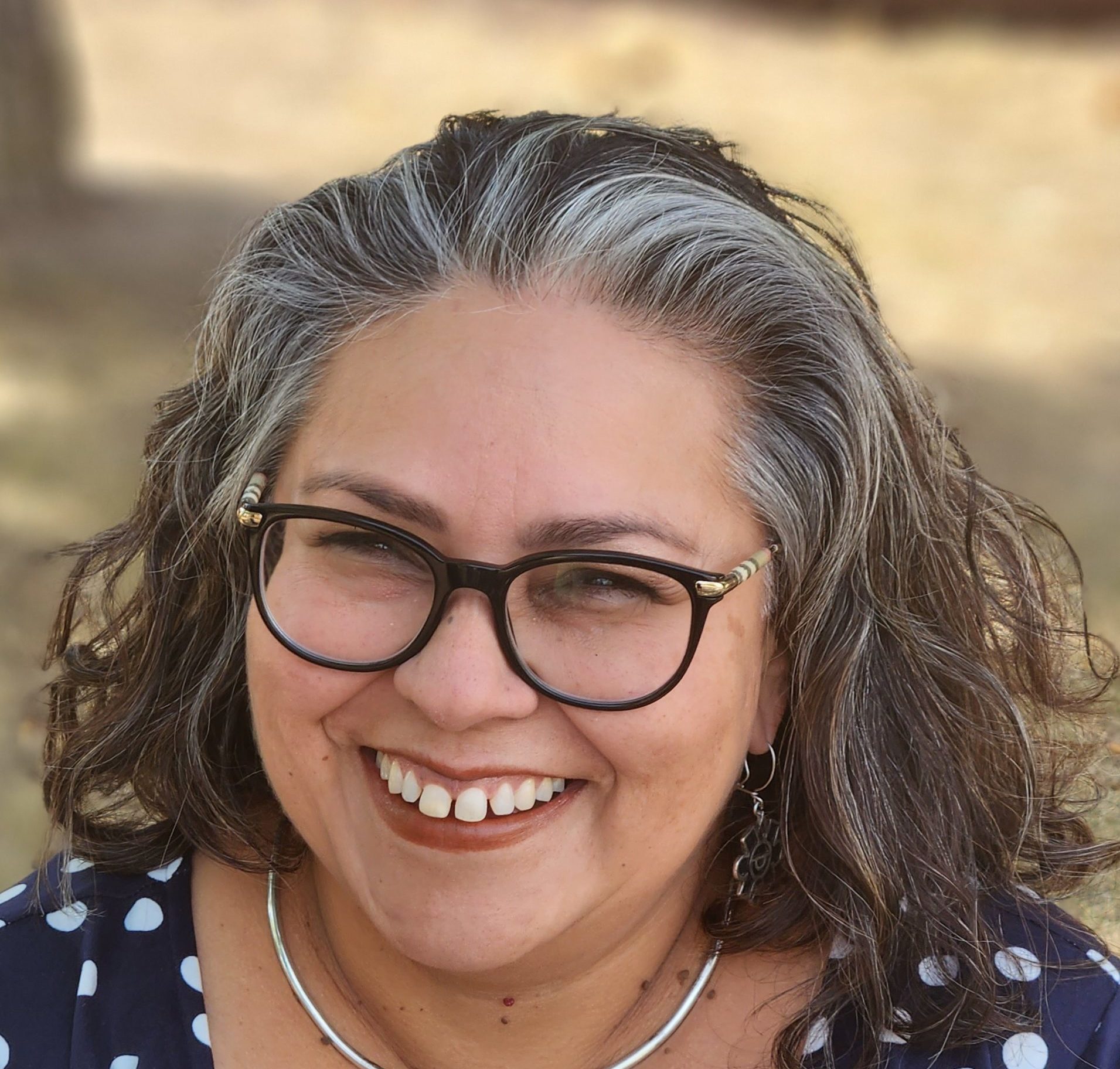‘La cultura todavia cura’
Psychologist and curandero Ricardo Carrillo, Ph.D., helps the Latino community understand that many tools required for balanced mental health already exist within their culture’s traditions and values.
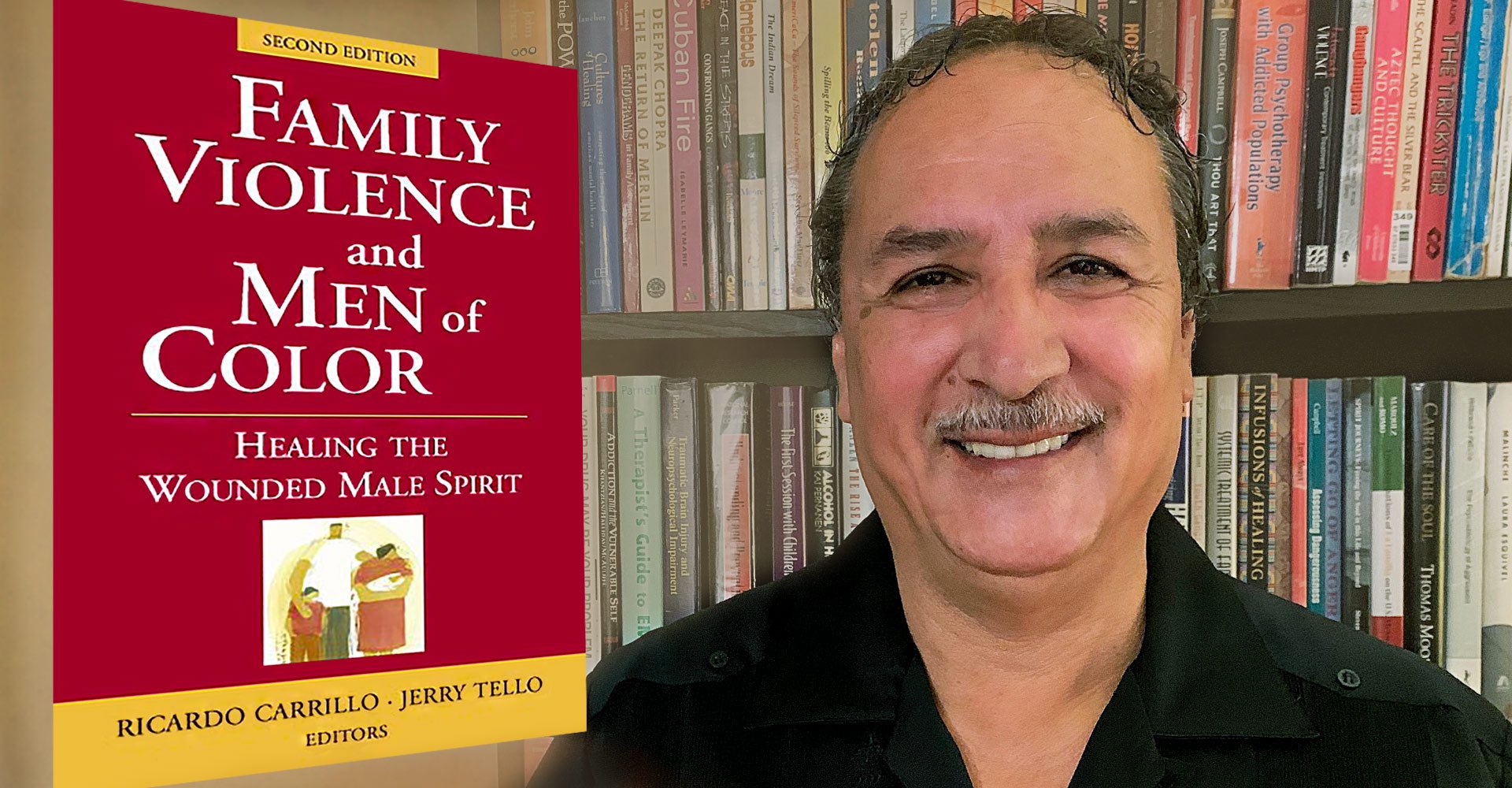
Ricardo Carrillo, Ph.D., vividly remembers the childhood wounds that put him on the path to serving the Latino community as a psychologist and curandero.
They were suffered growing up in a household in which his alcoholic father regularly beat his mother, Carrillo said.
“I remember the sounds going through my body as a young man,” he said. “I felt like I had no backbone, and I didn’t want to be like that.”
Carrillo as a young man was convicted of assault and robbery and incarcerated in California for four years. “You learn what you live,” he said.
But his father’s transgressions weren’t the only lessons of Carrillo’s childhood. While incarcerated, he also remembered other values on which he was raised, including responsibility. The first-generation immigrant from Mexico clung to those values and from his jail cell vowed to turn his life around.
If you stay close to your culture and understand it, Carrillo explained, “all the elements you need to get back into the balance are still there.”
Carrillo didn’t just turn his own life around; he dedicated it to addressing and treating mental-health issues in the Latino community. He’s a Bay Area clinical psychologist, a researcher on disparities in Latino mental health for the California Endowment and director of Oakland’s La Clinica de la Raza, an organization focused on providing Latino populations with mental-health preventive care and early intervention. He’s also a curandero, a healer using centuries-old indigenous culture and beliefs to address psychological and interpersonal issues, as well as physical ailments.
On Wednesday, Carrillo is scheduled to arrive on the Auraria Campus as the 2019 recipient of Metropolitan State University of Denver’s Richard T. Castro Distinguished Visiting Professorship. His address, “La cultura todavia cura” (The culture still heals), will discuss the healing philosophy recognizing that pathways to healthy development, restoration and lifelong well-being exist within the Latino community’s families, cultural values, traditions and indigenous practices. Likewise, Carrillo will convene other Colorado healers to guide “platicas,” or talking circles, promoting heart-to-heart conversations about healing.
“As our folks move away from these traditions, and move away from these values, they get sicker. They’re isolated; they’re by themselves and buy into individualism and competition,” he said. “You find people getting ill, and they come back to see the old psychologist.”
Likewise, to understand domestic violence in Latino populations, one must understand the context in which it happens, Carrillo said. Oppression that began generations ago through colonization, racism, classism and discrimination affects domestic violence in Latino populations.
Carrillo will bring to MSU Denver decades of experience working with men who have committed domestic violence; women who have been victimized physically and/or sexually; and children who have been abandoned. A career spent listening to their stories exposed Carrillo to new trauma and pain, he said, leaving him with the desire to understand how other cultures deal with the same problems he was experiencing.
In addition to his expertise in Latino and indigenous cultures, Carrillo explored cultural healing in Asian and South American communities. His findings were told in a book he co-authored with Jerry Tello, “Family Violence and Men of Color: Healing the Wounded Male Spirit.”
“I’m continually impressed with what other folks are doing (around healing), especially when it comes to spirituality,” he said. “What I’ve learned and observed is (different cultures) have a way of doing things that can be beneficial to all of us.”


